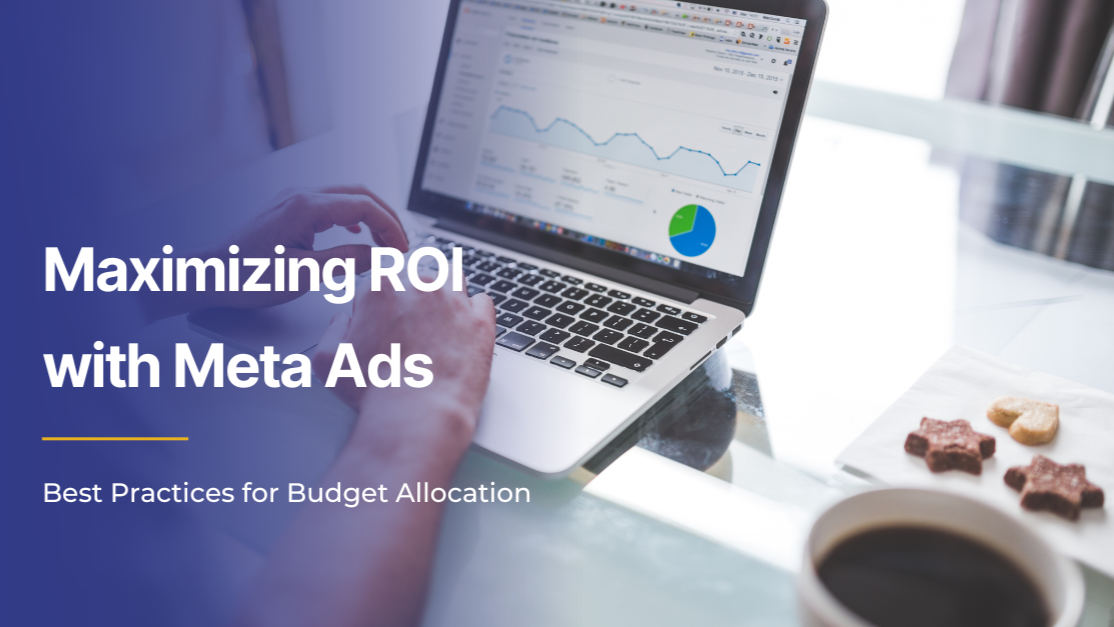In the dynamic realm of digital advertising, Meta Ads emerge as pivotal for marketers aiming to optimize their return on investment (ROI). Strategic budget allocation plays a crucial role in leveraging the robust capabilities of Meta Ads platforms such as Facebook and Instagram. This extensive guide delves into effective budget management practices to help you maximize your advertising ROI.
Understanding Meta Ads
Meta Ads harnesses detailed user data to facilitate highly targeted advertising opportunities across its platforms, including Facebook, Instagram, and Messenger. The platform’s algorithms enable advertisers to reach specific demographics, making an understanding of budget impacts crucial for ad performance.
Developing a Budget Strategy
Effective budget management begins with a clear understanding of your advertising objectives and how they translate into spend:
- Set Clear Campaign Goals: Define what you want to achieve with each campaign, whether it's increasing brand awareness, generating leads, or driving sales conversions. Your goals will influence how you allocate funds and measure success.
- Know Your Audience: Deep insights into your audience’s demographics, behaviors, and preferences allow for more effective targeting and budget use. Use Meta’s Audience Insights for data-driven strategies.
- Segment Your Campaigns: Allocate your budget across different segments and ad sets based on targeted outcomes. This allows you to optimize spend based on performance and adjust as necessary for underperforming ads.
Tactical Implementation
Implementing your strategy with precision can significantly enhance your ROI:
- Utilize A/B Testing: Allocate a portion of your budget to test various ad elements. Systematic testing helps identify the most effective aspects of your campaigns, allowing you to refine and focus your spend on what works best.
- Choose the Right Bidding Strategy: Meta offers various bidding options that impact how your budget is spent. Choose from cost-per-click (CPC), cost-per-impression (CPM), or cost-per-action (CPA), depending on your campaign goals.
- Real-Time Adjustments: Digital advertising thrives on flexibility. Monitor campaign performance closely and be prepared to shift your budget to high-performing ads or adjust strategies to improve underperformers.
Advanced Budgeting Techniques
Beyond basic tactics, consider these advanced strategies to further enhance your ROI:
- Seasonal Budgeting: Adjust your ad spend based on seasonal trends or during high-activity periods relevant to your industry. This ensures your budget is utilized when it’s most likely to generate returns.
- Leverage Retargeting: Allocate budget towards retargeting campaigns to capture potential customers who have previously engaged with your brand but did not convert.
- Use Predictive Analytics: Implement tools and technologies that predict the outcomes of different budgeting strategies. This forward-looking approach can inform smarter budget allocations.
Performance Analysis and Adjustment
Measuring success and adapting your strategy are key to sustained improvement:
- Detailed Analytics: Use Meta’s built-in analytics tools to track detailed metrics such as engagement rates, conversion rates, and overall ROI. These insights are vital for understanding the effectiveness of your budget allocations.
- Continuous Learning and Adaptation: Digital marketing landscapes evolve rapidly. Stay updated on the latest Meta Ads features and industry trends to keep your budgeting strategies effective and relevant.
Conclusion
Maximizing ROI with Meta Ads requires a blend of strategic planning, precise execution, and ongoing optimization. By understanding your objectives, targeting the right audience, and continuously refining your approach based on performance data, you can ensure that every dollar spent is an investment toward achieving your marketing goals.
